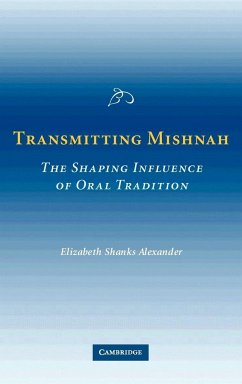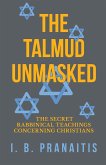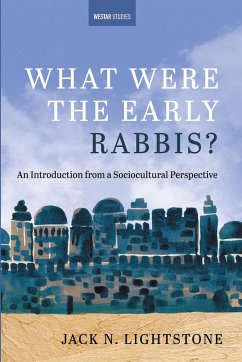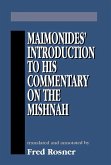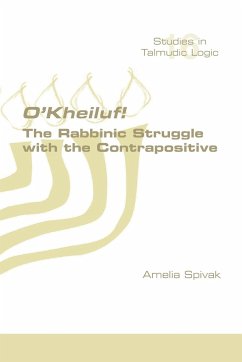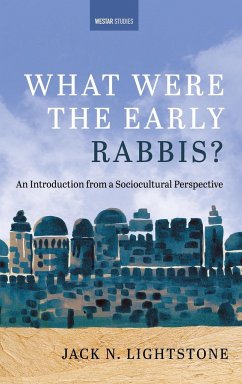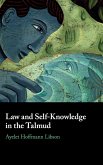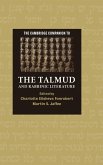Alexander brings readers into the intellectual excitement of studying Mishnah by unpacking its Talmudic interpretations.
Departing from the conventional view of mishnaic transmission as mindless rote memorization, Transmitting Mishnah reveals how multi-faceted the process of passing on oral tradition was in antiquity. Taking advantage of the recently burgeoning files of orality studies, Alexander develops a model of transmission that is both active and constructive. Proceeding by means of intensive readings of passages from tractate Shevuot and its talmudic commentaries, Alexander alerts us to the fact that transmitters and handlers of mishnaic text crafted both the vagaries of expression and its meanings. She illustrates how the authority of the Mishnah grew as the result of the sustained attention of a devoted community of students. She also identifies the study practices and habits of analysis that were cultivated by oral performance. She shows how they were passed on in tandem with the verbal contents of the Mishnah, thereby influencing how the text was received and understood.
Review quote:
'Transmitting Mishnah takes an important and still relatively new discipline in Rabbinic Studies, orality studies, and applies it in a masterful way to the study of the Mishnah. Alexander explains the discipline itself lucidly and succinctly, and then makes clear why it is important to apply its insights to the study of an ancient rabbinic text. She takes difficult matters, writes about them with relatively little jargon, and makes them understandable. The book is extremely well written and makes a welcome and weighty contribution to this field. ' David Kraemer, Jewish Theological Seminary
Table of contents:
1. Introduction; 2. Mishnaic textuality; 3. The scripturalization of Mishnah; 4. Modes of legal analysis in the Mishnah; 5. The cultivation of an analytic habit and its impact on Mishnaic exegesis; 6. Conclusion.
Hinweis: Dieser Artikel kann nur an eine deutsche Lieferadresse ausgeliefert werden.
Departing from the conventional view of mishnaic transmission as mindless rote memorization, Transmitting Mishnah reveals how multi-faceted the process of passing on oral tradition was in antiquity. Taking advantage of the recently burgeoning files of orality studies, Alexander develops a model of transmission that is both active and constructive. Proceeding by means of intensive readings of passages from tractate Shevuot and its talmudic commentaries, Alexander alerts us to the fact that transmitters and handlers of mishnaic text crafted both the vagaries of expression and its meanings. She illustrates how the authority of the Mishnah grew as the result of the sustained attention of a devoted community of students. She also identifies the study practices and habits of analysis that were cultivated by oral performance. She shows how they were passed on in tandem with the verbal contents of the Mishnah, thereby influencing how the text was received and understood.
Review quote:
'Transmitting Mishnah takes an important and still relatively new discipline in Rabbinic Studies, orality studies, and applies it in a masterful way to the study of the Mishnah. Alexander explains the discipline itself lucidly and succinctly, and then makes clear why it is important to apply its insights to the study of an ancient rabbinic text. She takes difficult matters, writes about them with relatively little jargon, and makes them understandable. The book is extremely well written and makes a welcome and weighty contribution to this field. ' David Kraemer, Jewish Theological Seminary
Table of contents:
1. Introduction; 2. Mishnaic textuality; 3. The scripturalization of Mishnah; 4. Modes of legal analysis in the Mishnah; 5. The cultivation of an analytic habit and its impact on Mishnaic exegesis; 6. Conclusion.
Hinweis: Dieser Artikel kann nur an eine deutsche Lieferadresse ausgeliefert werden.

